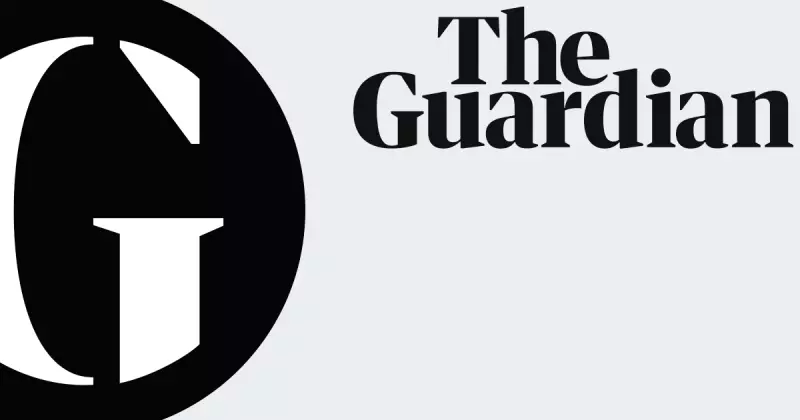
The BBC has found itself embroiled in controversy over its coverage of the Gaza conflict, with internal divisions and editorial missteps leading to widespread criticism. A recent investigation reveals how the broadcaster's attempts to maintain impartiality ultimately backfired, creating a perfect storm of public outrage and professional scrutiny.
The Roots of the Controversy
At the heart of the matter lies the BBC's delicate balancing act in reporting on the Israel-Palestine conflict. Sources within the organisation describe heated debates between journalists advocating for stronger condemnation of Israeli actions and editors insisting on strict neutrality.
Key Pressure Points
- Allegations of disproportionate airtime given to Israeli perspectives
- Internal complaints about sanitised language when describing Palestinian casualties
- Pressure from political figures on both sides of the debate
The Breaking Point
The situation reached crisis point when several high-profile BBC journalists publicly criticised their own employer's coverage on social media. This unprecedented move exposed deep fractures within the organisation and raised serious questions about editorial independence.
Public Backlash
Audience trust metrics plummeted as thousands of viewers complained about perceived bias. The BBC's traditional supporter base appeared particularly alienated by what many saw as excessive caution in reporting Palestinian suffering.
The Way Forward
Media analysts suggest the crisis may force a fundamental rethink of how the BBC approaches contentious international stories. Proposed solutions include:
- Creating specialist Middle East editorial panels
- Implementing more transparent decision-making processes
- Investing in additional fact-checking resources for conflict zones
As the dust settles, the BBC faces its biggest challenge to date - rebuilding trust while maintaining its reputation for impartial journalism in an increasingly polarised media landscape.





